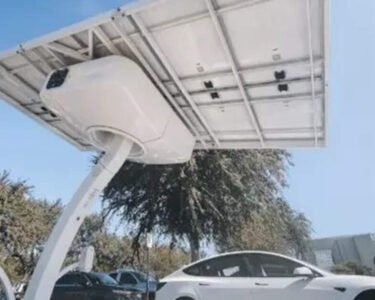On April 26, the Supreme Court supported the electronic voting machine system of polling. The apex court stressed upon the need of exercising immense “care and caution” while putting any questions relating to the integrity of the electoral procedure in the country.
The Supreme Court on April 26 dissented to the revival of the traditional paper ballots. It also rejected the demand of thr petitioners to instruct a complete cross-verification of the votes that are casted on the EVMs with the Voter Verifiable Paper Audit Trail paper slips. At present, only about 5 percent of the EVM-VVPAT counts are actually verified randomly in any Assembly constituency.
The judiciary holds immense faith in the integrity of the electoral process in the country as reiterated by a Bench of Justice Dipankar Datta and Justice Sanjiv Khanna. However, it is also important to note that the Supreme Court has directed a set of directions to the Election Commission of India (ECI). The directions given by the apex court are aimed at strengthening the electoral system even more.
No cogent material to doubt
The Supreme Court referred to a few judicial precedents and suggested that there does not exist any cogent data or material to actually doubt the polling system in the country at present, especially post the introduction of the VVPATs in the country. In the case of Subramnian Swamy v. Election Commission of India, the Supreme Court ruled in the year 2013 that a paper trail is actually an indispensable need of fair and free elections in the country. In the year 2019, the Supreme Court encouraged an enhancement in the number of polling stations in which the VVPAT verification could be possible.
The Division Bench stated that it dismissed the writ petitions at present, simply by relying upon the various past precedents of the Court. The Bench calls those decisions lucid and clear.
Also, Justice Khanna pointed out that the microcontrollers in the EVMs are actually “agnostic”. These microcontrollers actually do not recognize the candidates or political parties. These only understand the command of the buttons that are pressed by the electors. Justice Khanna added that in the situation of any unauthorized attempt to get access to the memory of the EVM or to the microcontroller, the UADM (Unauthorized Access Detection Mechanism) actually disables it permanently.
Prime Minister Narendra Modi stated in an election rally in Araria the the verdict of the Supreme Court is actually a “tight slap” to the Congress and other Opposition parties. Jairam Ramesh, the Congress general secretary, however, suggested in a post on X, formerly Twitter, that Congress was actually not a party to the petitions that have been dismissed by the Supreme Court of India. Instead, the Congress Party suggested a hybrid system that makes use of both ballot papers and EVMs in one of its election manifestos.




